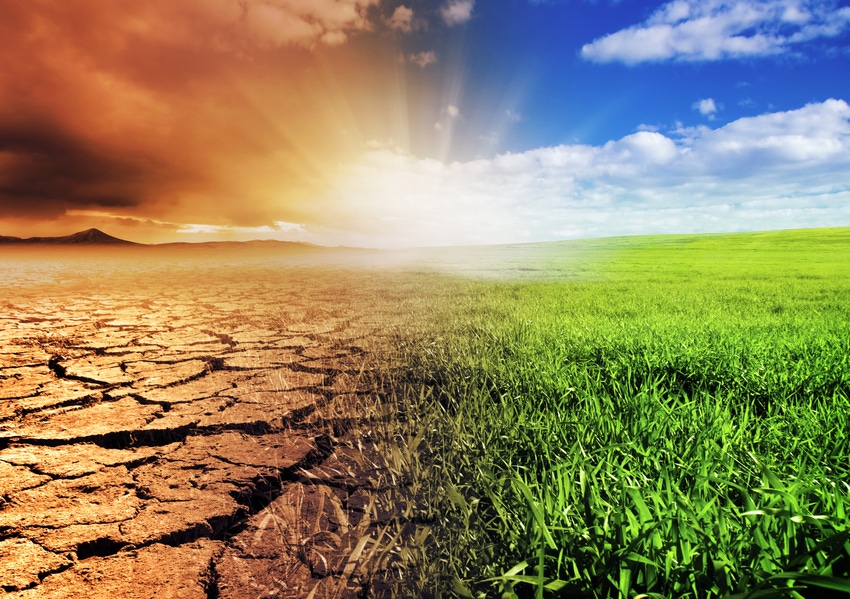October 12, 2018

The Intergovernmental Panel on Climate Change reports that significant action must be taken - and taken now - to limit the increase in global temperature to no more than the targeted 1.5 degree Celsius above preindustrial levels. This action would include rapid, far-reaching and unprecedented changes in the energy, transportation and agriculture sectors.
The latest report from the panel says the rate of global greenhouse gas emissions (GHGs) is increasing to levels that will push temperatures above the limits targeted by world leaders in the 2015 Paris Climate Agreement. The warmer climate will, in turn, increase volatile weather patterns that will make tens of millions around the globe more vulnerable to longer and wider droughts, more wildfires, increased flooding and damaging winds.
Global temperatures today are already 1 degree warmer than preindustrial levels, and the report maintains that unless drastic measures are taken to reduce emissions over the next 10 years, global temperatures will cascade beyond the 2050 target of 1.5-degrees - possibly even as early as 2030 - and dramatically increase risks to communities, regions and nations.
What is the IPCC?
The IPCC is the leading world body for assessing the science related to climate change, its impacts and potential future risks, and possible response options. Panel leaders say the report gives policymakers and practitioners the information they need to make decisions that tackle climate change while considering local context and people's needs. To add critical perspective to the report's recommendations, a co-chair of one of the panel's working groups observed: "The next few years are probably the most important in human history."
Ag is part of the solution
While the report details the challenges that this world faces, it also offers opportunities to find innovative ways counter and stem the rising tide that is climate change. Solutions from the Land(SfL) demonstrates the efforts being made in agriculture to address growing, climate-related risks. Among other strategies, SfL's farmer leaders promote the use of production and conservation practices - cover crops, enhanced crop rotation, rotational grazing, and no- and low-till farming - to capture carbon in soil. As a result, soil health and crop resilience are enhanced, and the amount of climate-warming carbon dioxide emitted into the atmosphere is lowered.
SfL is facilitating farmer-led, multi-stakeholder adaptive management planning initiatives at the continental level through its North America Climate Smart Agriculture Alliance platform.
The agricultural sector can also benefit from the production of renewable energy, a solution pathway the IPCC says must play a critical role in avoiding carbon emissions.
Time to act
The IPCC report makes clear that time for action is now. While there remains political debate over the causes of climate change, it is virtually undisputed is that it is happening and is a growing threat to how food, feed, fiber and energy production.
Source: Solutions from the Land
You May Also Like




